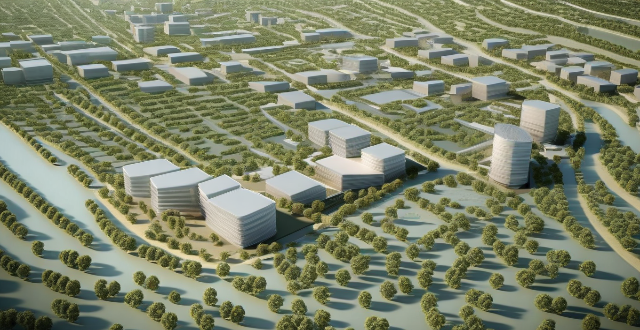Economic systems, especially capitalism and industrialization, significantly impact the environment by promoting overproduction, waste, and reliance on fossil fuels. Issues such as built-in obsolescence, global trade emissions, and exploitation of natural resources exacerbate environmental problems. Additionally, population growth and urbanization increase consumption, while market failures and regulatory gaps often overlook environmental costs. Addressing these challenges requires a shift in economic priorities towards sustainability.

Economic Systems and Their Impact on the Environment
Introduction
Economic systems are fundamental structures that govern how resources are allocated, goods and services are produced, and wealth is distributed within a society. However, these systems can have profound effects on the environment, contributing to environmental problems and exacerbating climate change.
Capitalism and Consumerism
- Overproduction and Waste: Capitalist economies often encourage mass production to maximize profits, leading to excess waste and pollution.
- Short-Term Profit Over Sustainability: Companies may prioritize short-term gains over long-term environmental health.
- Built-in Obsolescence: Designing products with shorter lifespans ensures repeat purchases, but it also increases resource consumption and waste.
Industrialization and Energy Use
- Fossil Fuels: Industrial activities rely heavily on fossil fuels, which are major contributors to greenhouse gas emissions.
- Energy-Intensive Processes: Manufacturing and transportation processes require significant amounts of energy, often derived from non-renewable sources.
Global Trade and Transportation
- Shipping Emissions: International trade necessitates shipping, which contributes significantly to air pollution and carbon emissions.
- Unequal Resource Distribution: Global trade can lead to unequal distribution of resources, with some countries overexploiting their natural resources to meet demand.
Exploitation of Natural Resources
- Deforestation: Clearing land for agriculture or logging can lead to habitat destruction and loss of biodiversity.
- Mineral Extraction: Mining operations can cause soil degradation, water contamination, and release toxic substances into the environment.
Population Growth and Urbanization
- Urban Sprawl: Rapid urbanization leads to sprawling cities that consume more land and resources.
- Increased Consumption: Larger populations mean increased consumption of resources and energy.
Market Failures and Regulatory Gaps
- Externalities: Markets often fail to account for environmental costs, such as pollution, leading to inefficient allocation of resources.
- Lack of Enforcement: Weak regulations or lax enforcement can allow companies to pollute without consequence.
Conclusion
Economic systems, particularly those driven by capitalist principles and industrialization, play a significant role in environmental degradation and climate change. Addressing these issues requires a reevaluation of economic priorities and policies to align them more closely with sustainable practices.